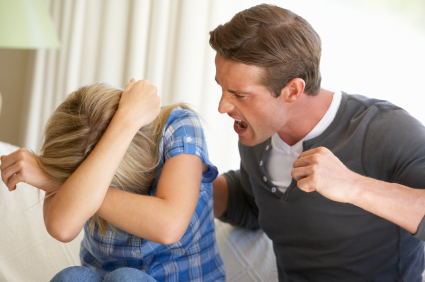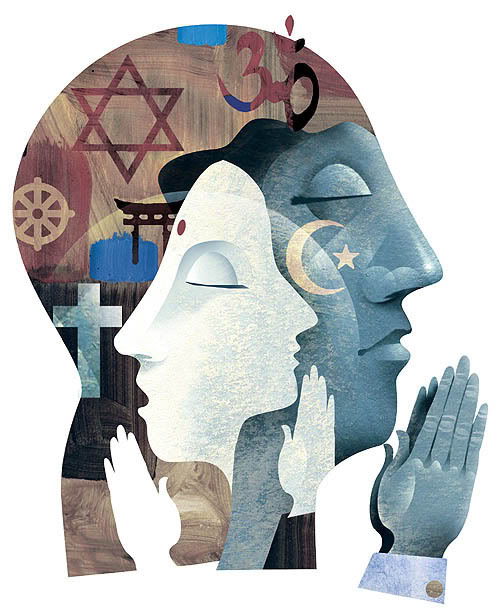As an author and advocate for victims/survivors of domestic violence, I’m bringing attention to the topic. Not all forms of domestic violence are life-threatening, but domestic abuse can escalate until someone gets hurt.
If a friend says of a mutual friend, “Her husband is abusing her!” do you think of an abused woman with black eyes? Probably, yet domestic abuse may be invisible.
I was twenty-two years old. A friend, Sally, and I were in my apartment. Sally was pinning the waist of my skirt for alterations. We were chatting comfortably.
My husband burst into the apartment. As if I were not in the room, he barked, “She wouldn’t need her clothes mended if she wasn’t such a scrawny broad! She’s a piece of work, isn’t she?”
Sally had not witnessed his verbal tirades before. I was afraid that he would sabotage our friendship.
He mumbled something about “worthless women” and slammed the door on his way out.
What had I done wrong?
Sally spoke softly, “Does he typically speak to you so mean?”
Sally was a genuine friend, so I confided in her.
“Sally, it’s all right, he talks like that all the time.”
“It’s not all right. He’s abusing you.”
“Sally, no way! He never beat me or broke a bone.”
“Lynn, the way he treats you is awful. Does he hurt you in other ways?”
He’d grab my arm and twist both his hands around it, until I bruised. He’d say, “If you weren’t such a skinny runt, you wouldn’t bruise so easy.” He smacked me and claimed it “was just a love tap.”
Eventually, I divorced him with Sally’s help, but the invisible wounds of emotional abuse are still healing.
The anecdote is a paraphrased excerpt from my memoir Beyond the Tears: A True Survivor’s Story. When we put a true story in front of the facts, the experiences of a victim become real.
What is domestic violence?
State laws vary in defining domestic violence but common elements include:
A pattern of abusive behavior when one person uses inappropriate power and control over an intimate partner.
What is emotional abuse?
The emotional abuse pertains to what he said, and how it made me feel.
- He made me feel bad for being a woman.
- He made me feel humiliated by putting me down.
This is only one brief example to depict verbal abuse and emotional abuse. Domestic abuse occurs in a continuum, and in a pattern of chronic behaviors designed to have power and control over the victim.
Almost all abusers who are physically violent use emotional abuse.
You never know who amongst us is enduring emotional abuse. Help someone who tells you that she or someone she knows is being abused by her partner.
National Domestic Violence Hotline 1-800-787-3224











Thank you, Lynn, for another extraordinarily helpful and educational post.
It’s amazing how many women put up with verbal abuse and the put downs. I’ve been there, too. And often the verbal abuse escalates into physical violence.
Thank God for your friend Sally, and your realization that you deserved a better life.